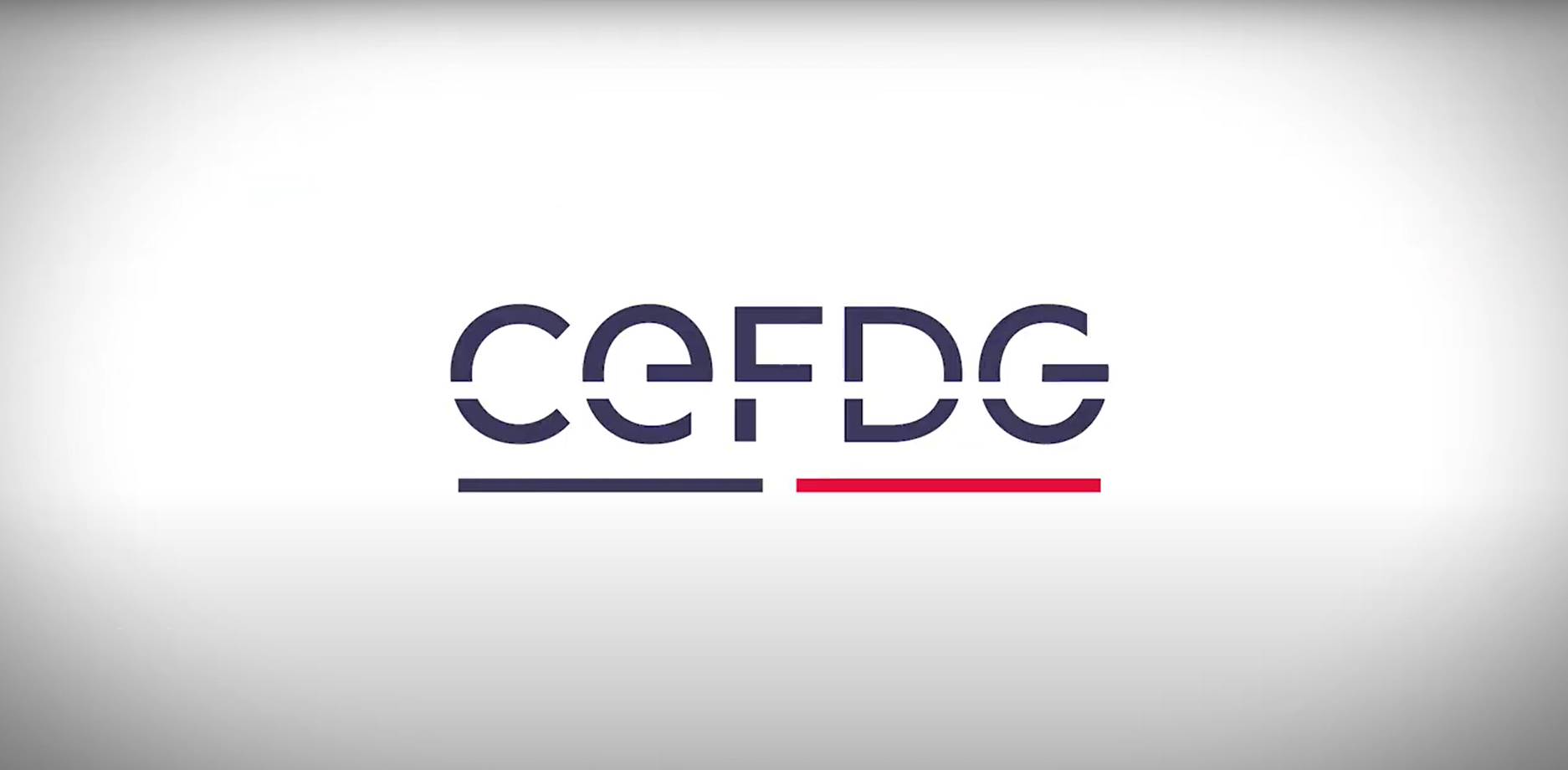

- ESC Clermont Business School
- Study with us
- Programmes
- Bachelor in International Management
- Bachelor in Digitale Communication & E-Commerce
- Master in Management
- Master Grande Ecole online
- MSc – Master of Science Business Intelligence & Analytics
- MSc – Master of Science Corporate Finance and Fintech
- MSc – Master of Science International Commerce & Digital Marketing
- MSc – Master of Science Project Management
- MSc – Master of Science Purchasing & Supply Chain Management
- MSc – Master of Science Strategy & Design for the Anthropocene
- MSc Innovative Project Management (Work-Study Format)
- Doctorate of Business Administration (DBA)
- Executive Education (French only)
- International Students
- Tools & pedagogical support
- Prepare your stay
- Programmes
- Sectors of expertise
- Sectoral sectors
- Proposed majors
- Audit Expertise Consulting
- Business Intelligence
- Designing the Green Redirection
- Digital Design Manager
- E-Business Development
- Financial Engineering & Innovation in Finance
- Financial Engineering and Sustainable Finance
- HR Development & Mobility Support
- Management Control
- Management of Responsible Organizations
- Marketing & Data Marketing
- Marketing Digital & Communication
- Purchasing & Supply Chain Management
- Sport Business
- Startup Culture & Entrepreneurship
- Faculty & Innovation
- Company & Career
- News & Events

Navigating the Business School Landscape: Deciphering Visas, Grades, and RNCP Titles
For young individuals pondering their future and parents concerned about the academic future of their children, the process of making orientation choices can be an overwhelming task. The business school realm can appear to be intricate and challenging to decipher. The myriad of programs, varying levels of recognition, and the multitude of accreditations and rankings only add to the complexity. From visas to grades and RNCP titles, we’re here to demystify it all!
Selecting the right school and program is no small feat; it demands a comprehensive understanding of the nuances between the excellence of offered programs and the intrinsic value of the diplomas earned.
School or Grande École?
In France, there are currently more than 200 schools called “business schools,” also known as “management schools” or “business schools.” But are they all equal? A Grande École is a higher education institution that offers high-level training in fields directly related to the business world, such as management, commerce/e-commerce, or marketing.
Grandes Écoles are part of the Conférence des Grandes Écoles, a group of institutions from different disciplines (engineering, management, architecture, political science, creation & design, journalism, military schools, veterinary schools, health schools, etc.), all recognized by the State and awarding a master’s degree. In general, they have several visas, labels, state recognitions, and accreditations, both nationally and internationally.
A State-Recognized Degree, What Does That Mean?
State Recognitions
Beyond differences in teaching methods and academic approaches, universities and schools do not award the same degrees. Universities award bachelor’s and master’s degrees, and some excellent schools, like ESC Clermont Business School, are recognized by the Ministry of Higher Education and Research (via the CEFDG – the Commission for the Evaluation of Training and Management Courses) and can award degrees with a visa (equivalences of levels) or degrees with a bachelor’s or master’s degree.
Visa / Grade
The CEFDG plays a crucial role in evaluating degrees from business and management schools. It does not grant a visa or grade to a school but evaluates each program individually! Moreover, only diplomas duly authorized by the Ministry of Higher Education following evaluation by the CEFDG can claim a visa or a bachelor’s or master’s degree.
The visa attests to the good quality of a professional training program in the field of management but does not offer a level equivalence.
Only the grade (bachelor’s or master’s degree) guarantees a high level of training, both professionally and academically, and confers an equivalence in the French University Award System e (useful in case of a change of study track).
Furthermore, bachelor’s and master’s degrees are part of the awards recognized by higher education and integrated into the LMD system (Bachelor’s-Master’s-Doctorate), which aims to harmonize higher education diplomas on a European scale.
ESC Clermont Business School offers two bachelor’s programs with a visa at Bac +3, delivering the equivalence of a bachelor’s degree. As for the Master Grande École (in 2 or 3 years), it is also recognized at the highest level, as it is visaed Bac +5 and delivers the master’s degree.
And what about RNCP certified programs?
In today’s educational landscape, many business schools offering work-study programs highlight RNCP certification as a key argument. However, although RNCP titles provide undeniable professional recognition, they do not guarantee the award of an equivalent university grade.
RNCP titles can be a major asset in the job market, but they do not necessarily meet the formal academic criteria required in certain professions or situations, such as further study at a higher level!
All work-study programs offered by ESC Clermont Business School are listed in the National Directory of Professional Certifications (RNCP).
Directing Attention Towards Rankings:
Annually, prominent publications like Le Figaro, l’Étudiant, and the Financial Times release comprehensive rankings showcasing the top educational institutions. These rankings, acting as a compass, furnish valuable insight into a school’s standing, teaching efficacy, and overall success rates.
However, it difficult to assess the merit of a degree solely based on a particular ranking, particularly when considering the dynamic nature of the criteria influencing these rankings each year. Consequently, it is advisable to adopt a more discerning approach, factoring in a variety of criteria to comprehensively evaluate both the institution and its programs.
Navigating the Landscape of Rankings:
The evaluation of a school’s quality and the programs it offers is a nuanced undertaking influenced by an array of considerations. To conclude this exploration, it is imperative for prospective students and parents to prioritize aspects that hold significance for them. This could range from program quality, state recognition, and equivalence with national diplomas to unique parameters like the strength of the corporate network, the school’s values, available specializations, and more.
In this dynamic educational realm, where choices abound, individuals must focus on what truly aligns with their preferences and priorities. By delving into specific facets that matter, such as program excellence and alignment with personal values, stakeholders can make informed decisions amidst the myriad options available.

Suivez l’actualité de l’ESC Clermont Business School en vous abonnant à notre newsletter !
Merci ! Vous êtes maintenant abonné(e) à notre newsletter.
Vous recevrez dorénavant notre newsletter mensuelle.
@bientôt
We faced problems while connecting to the server or receiving data from the server. Please wait for a few seconds and try again.
If the problem persists, then check your internet connectivity. If all other sites open fine, then please contact the administrator of this website with the following information.
TextStatus: undefined
HTTP Error: undefined
Some error has occured.




